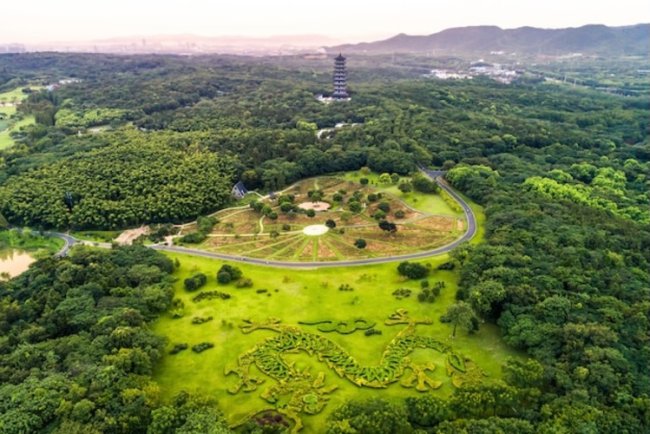Australia Invests in Sustainable Aviation Fuel Projects
Australia invests $10.4M in sustainable aviation fuel projects, aiming to reduce emissions and boost energy security.

Australia is taking great steps towards decarbonizing its air transport industry through a combined investment of $10.4 million in sustainable aviation fuel (SAF) projects. The Australian Renewable Energy Agency (ARENA) is handing over $8 million to technology firm Licella for a study of feasibility on setting up a biorefinery in Queensland to produce low-carbon liquid fuels from discarded sugarcane. At the same time, Viva Energy is being funded $2.4 million for the development of SAF storage and supply facilities at Brisbane Airport.
The Project Swift, led by Licella, aims to turn agricultural residues into 60 million liters of liquid fuels every year, 40 million liters of which will be dedicated to SAF. The plant will be sited at Isis Central Sugar Mill, utilizing Licella's Cat-HTR™ technology to produce biofuel from sugarcane waste. This project fits within Australia's wider strategy of increasing its domestic energy security and lowering dependence on foreign fossil fuels.
Minister for Climate Change and Energy Chris Bowen highlighted the importance of producing renewable fuels within Australian territory. "By producing more fuel on Australian shores using Australian renewable energy and feedstock, we can make our fuel supply stronger, cleaner, and more secure," he said. The Australian government considers SAF a major element in meeting net-zero emissions while encouraging energy independence.
Licella CEO Alan Nicholl was upbeat regarding the potential effect of the project on the aviation sector. "We are pleased to be able to receive the support of ARENA as we proceed with the feasibility studies for our Queensland project," he said. Success for Project Swift would set the model for upscaling biofuel production from agricultural waste, supporting Australia's drive towards sustainability and innovation in renewable energy.
While Licella is concentrating on production, Viva Energy is developing SAF infrastructure. The company is being funded $2.4 million to upgrade its Pinkenba Terminal, which will allow for blending and supply of SAF at Brisbane Airport. This investment is important in ensuring that Australia's aviation industry can successfully incorporate SAF into its fuel supply chain.
One of the major aspects of Viva Energy's program is the implementation of a "book and claim" mechanism. Such a system enables customers to buy SAF and obtain carbon reduction credits, regardless of where the fuel is consumed. This method offers airlines and corporate purchasers an adjustable and auditable means of supporting emissions savings.
As per Viva Energy CEO Alan Nicholl, the upgrading of infrastructure will be key to decarbonizing the aviation industry. "Through the upgrade of our SAF infrastructure, we are not just assisting the aviation industry's shift to lower carbon emissions but also leading the way as a renewable energy solutions provider for Viva Energy," he added.
The call for SAF is timely, with aviation emissions contributing to about 2% of Australia's overall greenhouse gas emissions. The industry is an important area of focus in Australia's overall net-zero plan, and ARENA CEO Darren Miller stressed the importance of decarbonizing air travel. "Decarbonising this high-emissions sector will be critical for us to reach our net-zero goals," he stated.
Studies by CSIRO and Boeing Australia indicate that Australia can potentially produce as much as 5 billion liters of SAF each year by 2025 based on local feedstocks. Nonetheless, the process of scaling up SAF production will need continuous investment in research, infrastructure, and policy incentives.
ARENA's Sustainable Aviation Fuels Funding Round, in which $33.5 million has been distributed across five SAF projects, is one of the efforts aimed at driving growth within the industry. The government and industry players are also collaborating in a bid to develop new pathways for the production of SAF using a range of feedstocks such as agricultural waste and other renewable feedstocks.
These projects put Australia at the vanguard of the global SAF movement, proving that biofuels are a feasible replacement for traditional jet fuel. Through the use of locally sourced resources, Australia is not only promoting its climate agenda but also enhancing economic resilience in its renewable energy industry.
In the future, the success of these initiatives could pave the way for bigger-scale SAF production and use. As nations around the globe struggle with how to decarbonize aviation, Australia's work may provide a template for how to mainstream sustainable aviation fuels into fuel supply chains. With ongoing government investment and industry cooperation, SAF has the potential to be a game-changer in the future of flight, enabling the development of a cleaner, more sustainable transportation system.
What's Your Reaction?

















